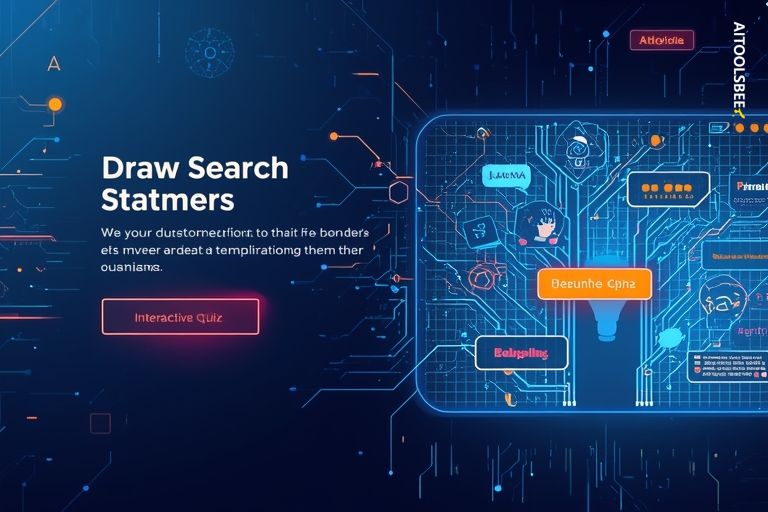
Interactive Search Platforms Transform User Engagement and Monetization
In the evolving digital landscape, search engines have transformed from passive tools into dynamic platforms for engagement. Microsoft's Bing Homepage Quiz exemplifies this shift, turning user interaction into a habit-forming ritual. By integrating trivia-style questions with visually striking backgrounds, Bing has redefined user engagement, blending education, entertainment, and gamification into a single feature. This innovation not only strengthens user retention but also positions Bing as a strategic player in the competitive search engine market.
The Bing Homepage Quiz leverages core principles of gamification—immediate feedback, point accumulation, and shareable results—to foster daily interaction. Users return not just for search functionality but to test their knowledge, compete with peers, and unlock rewards. This habit-driven design mirrors the success of platforms like Duolingo.
Microsoft has further enhanced the quiz's appeal through seasonal themes, user-generated content, and partnerships with cultural institutions to curate niche quizzes. These variations prevent stagnation, ensuring the feature remains fresh and relevant. According to a report by TechBloat, the quiz has cultivated a loyal user base, with many treating it as a “daily ritual.” Such habitual engagement is critical for Bing's broader strategy to increase time spent on its platform, a metric directly tied to ad revenue potential.
While direct revenue from the quiz itself remains unquantified, its indirect monetization strategies are robust. By deepening user engagement, the quiz amplifies Bing's ability to serve targeted advertisements and promote Microsoft's ecosystem. For instance, the integration of Microsoft Rewards, a loyalty program offering points for Bing searches, creates a feedback loop: quiz participation drives search activity, which in turn fuels ad impressions and user data collection.
Additionally, Bing's AI-powered tools like Copilot and Bing Video Creator benefit from increased user retention. A more engaged audience is more likely to adopt these tools, which enhance Bing's value proposition and justify premium subscriptions or enterprise partnerships. Furthermore, the quiz's data on user preferences and knowledge gaps could inform Microsoft's advertising algorithms, enabling hyper-personalized ad campaigns—a lucrative advantage in the digital ad market.
Bing's quiz also reinforces its brand as an innovative, user-centric platform. As the market increasingly competes on user experience rather than mere functionality, Bing's quiz sets a precedent for how interactive features can drive both engagement and revenue.

Provides balanced coverage of how technology creates real value
in both business and everyday life.

